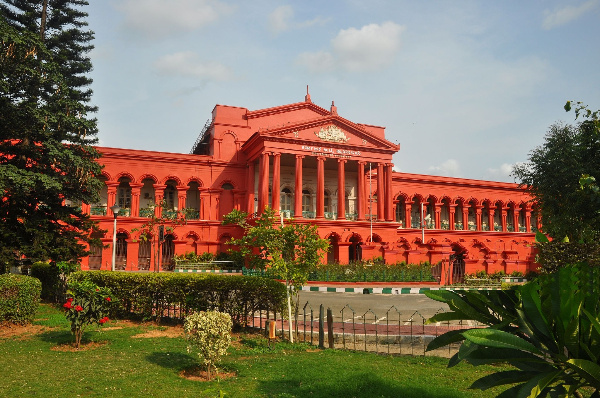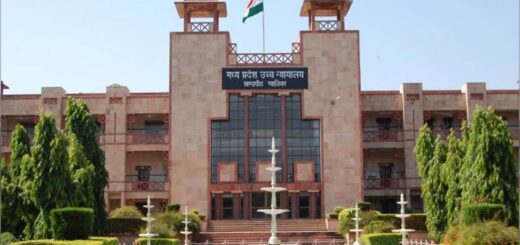Karnataka High Court states that mortgaging property given under the Ashraya scheme to a co-operative bank does not count as alienation. The property can be sold if there is a default in loan repayment.

The Karnataka High Court has decided that if a property given under the Ashraya scheme is mortgaged to a Co-operative Bank, it does not count as alienation. Therefore, the Co-operative Bank can enforce the mortgage and sell the property if the loan is not paid back. The Court reviewed a Writ-Petition from a Co-operative Bank against the State, which opposed the sale of the mortgaged property. Justice M.I. Arun noted that there is an exception to the rule against alienation for 25 years, allowing the allottee to take a loan from a Co-operative Bank by mortgaging the property to get funds for building a house. The law does not stop the mortgagee from enforcing the mortgage and selling the property to recover the loan during this period. Since the law allows for the mortgage, the mortgagee has the right to sell the property despite the non-alienation rule.
The Petitioner was represented by Advocate Rakshith Kumar, while AGA Harish A.S. represented the Respondent. The Respondent No.5 took a loan from the Co-operative Bank and mortgaged the property granted to her as security. The grant conditions and Rule 9 allowed for this mortgage. After Respondent No.5 failed to repay the loan, the Bank sought to enforce the mortgage and sell the property to recover the amount owed.
The Petitioner argued that even though there is a 25-year restriction on selling the property, taking a mortgage with a Co-operative Bank does not count as selling. Therefore, if the loan is not repaid, the Bank can enforce the mortgage, and the endorsement from respondent No.4 should be canceled.
The State argued that the grant comes with a 25-year restriction against selling the property. However, there is an exception that allows the allottee to take a loan by mortgaging the property to help develop the land or build on it. The property is meant for the allottee’s use and cannot be sold to a third party by the mortgagee until the 25 years are over. Since the allotment was made on January 30, 2010, the 25 years have not yet passed. The Court believed that since there is an exception allowing the allottee to mortgage the property to obtain funds for construction, the mortgagee should have a way to act.
Thus, the Court decided that the mortgagee can sell the property to enforce the mortgage, despite the restriction on selling the land. The petition was granted.
Cause Title: South Canara District Central Co-operative Bank Ltd. vs. The State of Karnataka









